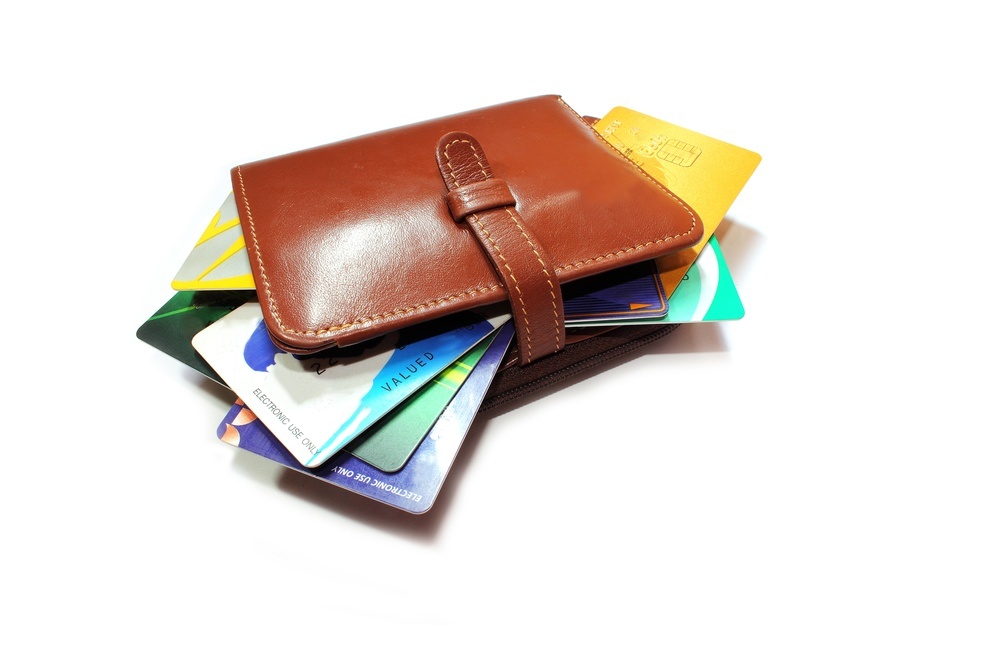As per a recent study conducted to overlook the global fraud in the card industry, almost one in every four consumers polled was a victim of card fraud at some point or the other. The statistics revealed that India had the second highest debit card fraud numbers last year in 2013 compared to 2012. Overall 41 % of Indians people polled for the study experienced card fraud in the past five years, as opposed to 37 per cent in 2012. The numbers are alarming to say that the card frauds including both credit and debit card fraud is increasing by the day.
While companies and banks are coming up with more secure cards and increasing the security checklist, the number of fraud and cheating cases with respect to both credit card and debit card is on the rise. The onus to use the card carefully and judiciously lie with the card holder but there are certain cards that are at a higher risk of being duplicated and conned compared to most recently introduced technologically superior cards.
Let us take a look at most at risk cards we carry in our wallets.
- Debit cards:
Both debit cards and credit cards are equally popular cards today. While debit cards are very convenient for various financial transactions, they are more vulnerable to fraud compared to credit cards. A debit card is directly connected to the bank account of the card holder, in case the security of a debit card is compromised, the whole bank account is at the risk of being robbed.
On the other hand, since credit cards offer a credit window period for a few days usually 30 to 40 days, in event of any credit card fraud, the card holder can complain to the bank which in turn can block the card and thereby, minimum financial loss. While both debit card and credit card holders may come to know of a card fraud at the same time, chances of losing more money is higher in a debit card, as the fraudster can virtually deplete the whole bank account linked with the card.
- Magnetic Strip Cards:
If you are using the older version of a credit card with a magnetic strip, the chances of getting conned is much higher. The recent introduction of technological refinement has made sure that majority of credit cards today use the EVM chip to counter any chance of credit card fraud.
EMV which is the short form of Europay, MasterCard and Visa has today become the global standard for credit and debit card payment.EMV based cards have a microprocessor chip embedded in the card which is used to verify the cardholder’s information. Unlike the magnetic strip which can be easily duplicated and the card information can be compromised, EMV cards use a onetime password for each swipe thereby limits the chances of any information leakage. Unlike magnetic stripe transactions that contain the card number and expiry date, EMV card uses a number of verifications to make sure the card security remains paramount. The Reserve Bank of India has also issued guidelines to make sure that all international credit cards issued by Indian banks have EMV embedded chips instead of traditional magnetic strips.
Overall 41 % of Indians people polled for the study experienced card fraud in the past five years, as opposed to 37 per cent in 2012. The numbers are alarming to say that the card frauds including both credit and debit card fraud is increasing by the day.
- Cards from Lesser Known Issuer:
Credit and debit cards are offered by banks, but are branded by major networks including Visa, MasterCard, Discover and American Express amid others. When opting for a credit or a debit card it is imperative to make sure that you are getting a card which is branded by a major network as they are more likely to use better technological tools for security.
Visa for example has introduced a two tier protection system where Visa generates a onetime password for all credit and debit card usage. The one time password known as verified by visa is in addition to the bank’s own password and security mechanism. So even if the credit card details have been compromised, unless the user is able to verify the transaction using the onetime password generated by Visa, the transaction would not go ahead. Most of these major networks have a two way security mechanism where they inform the card holder to change the passwords periodically to avoid the chances of being conned in a card fraud.
Be Aware: As a card holder one must always be aware of any credit card fraud and any suspicious activity. Incidents like increase in the credit card bill or receiving information about purchases not made must be reported to the bank immediately. For debit card holders, changing the card PIN number periodically and not suing a common PIN number for all debit cards is an important aspect that must be followed to avoid card fraud.
Have you been a victim of card fraud? Share your experience with us !
